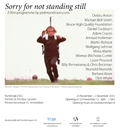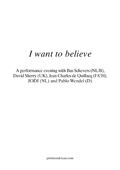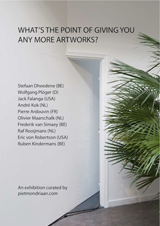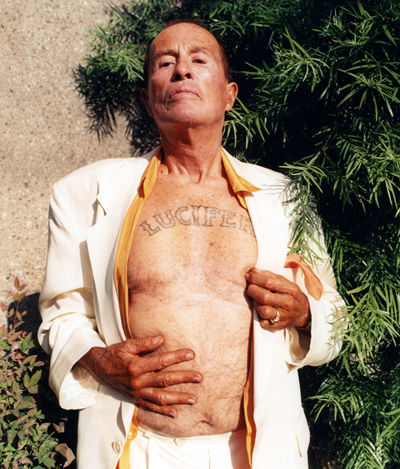-
-
- Hosted by
- Curated projects:

Sorry for not standing still
@Kunstvlaai 2012

I want to believe
Download free PDF!

WHAT'S THE POINT OF GIVING
YOU ANY MORE ARTWORKS?
Download documentation
Credits:
pietmondriaan.com by
Simon Kentgens & Michiel Huijben,
with Diana Duta. Mail:
Theme based on Unlimited Edition
by Hexaplex. 2009.
Simon Kentgens & Michiel Huijben,
with Diana Duta. Mail:
Theme based on Unlimited Edition
by Hexaplex. 2009.


Kenneth Anger
Kenneth Anger, ‘Invocation of my demon brother’ (1969)
In 1967, the footage for Anger’s Lucifer Rising was allegedly stolen by Anger’s “Lucifer”, Bobby Beausoleil, who was later convicted for his participation in the Manson murders (Beausoleil denies stealing the footage to this day). Anger went into a deep depression and publicly renounced filmmaking via a full-page “In Memoriam” in The Village Voice. He later moved to London and met up with Mick Jagger and the Stones. By this time, Anger had begun editing two other versions of what was to be Lucifer Rising, although by the final edit it had taken on a very different form, which led to the incarnation of Invocation, a mind-bending collage of sonic terror and subversion and fast paced ritual ambiance which found the union of the circle and the swastika, a swirling power source of solar energy. Mick Jagger contributed a suitably eerie soundtrack with a newly acquired synthesizer.
It is Anger’s most metaphysical film: here he eschews literal connections, makes the images jar against one another, and does not create a center of gravity though which the collage is to be interpreted, as the images of Christ could be interpreted through the actions of the motorcyclists in Scorpio or as the images of Crowley could be interpreted through the ritual of Inauguration. Thus deprived of a center of gravity,the very image has equal weight in the film, and more than ever before in an Anger film, the burden of synthesis falls upon the viewer. The most demonic of Anger’s films, as well as the most fast moving.

Kenneth Anger (born Kenneth Wilbur Anglemeyer February 3, 1927) is an American underground avant-garde film-maker and author. His short films, which he has been producing since 1937, have variously merged surrealism with homoerotica and the occult. Whilst he has produced almost forty short films in his lifetime, only six of these have received distribution, and have come to be referred to as the “Magick Lantern Cycle”. He has been described as “one of America’s first openly gay filmmakers, and certainly the first whose work addressed homosexuality in an undisguised, self-implicating manner”, and some of his homoerotic works, such as Fireworks (1947) and Scorpio Rising (1964), were produced prior to the legalisation of homosexuality in the United States.
Read More »